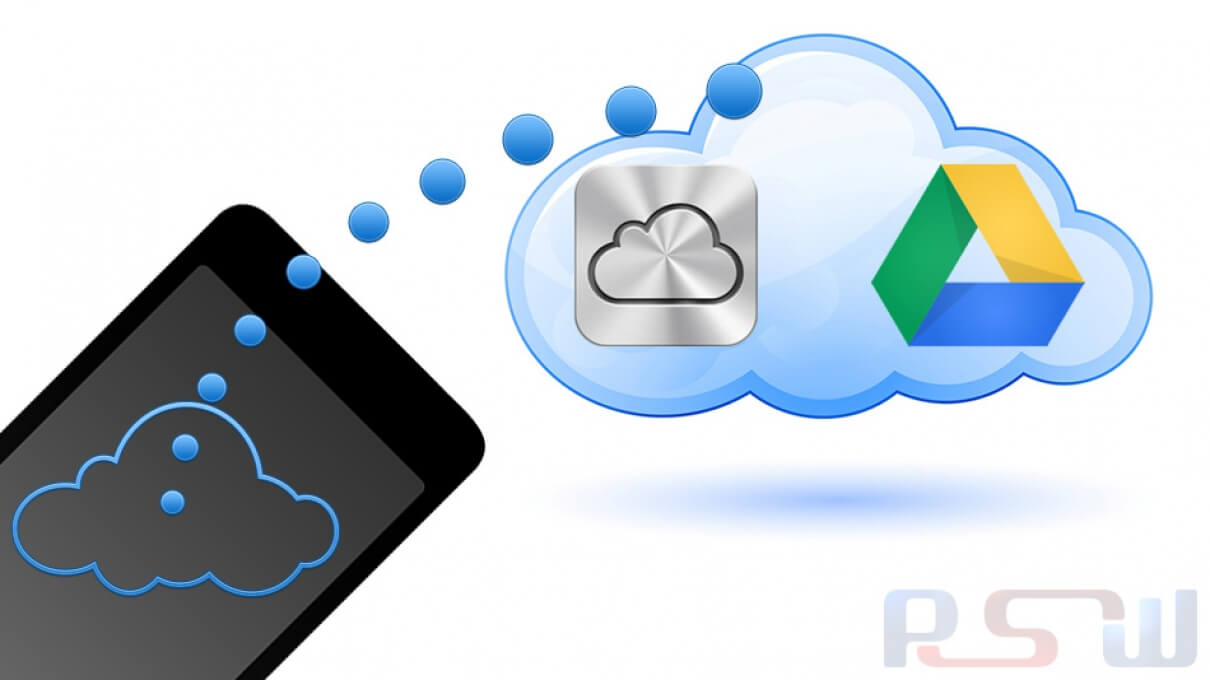
Keep Your Head (and Your Data) in the Cloud: Why You Should Join the Cloud Storage Hype
Remember the days when we backed up our data in so many places (USBs, hard disks, laptops, servers, and yes even the floppy disk way back when)? We do. And do you remember the panic attacks you had when you forgot to back up an important file, like a big a project you were working on, or when you tried to open said file from your hard disk only to realize you can’t, bad sectors and whatnot? We most certainly do!
So picture this: your data in a cloud, well obviously not an actual cloud; that would be insane. No more forgetting your files at home when you need them at work or at school, and no more carrying the extra (although small) weight of external storage devices with you everywhere you go. Cloud storage is an awesome invention that allows you to save your data, from phone contacts, pictures, work documents and other important files, with a third party and access it from anywhere via the Internet.
What is Cloud Storage?
Cloud storage is when you save your data in virtualized pools of storage with third party companies (think Google or Microsoft); your data is stored in their data centers. All you have to do is connect to the Internet and send your files to your data center and cloud storage provider of choice (Google Docs is an example of this).
Cloud Storage in your Everyday Life
If you feel hesitant about joining the cloud storage hype based on the misconception that it might not be safe, consider this: you probably use cloud storage everyday without realizing it. If you use Gmail and Google Docs for example, then you are familiar with cloud storage, even if you don’t know the phenomenon by that name. Your emails and documents are saved on the Google cloud, allowing you to access your data from anywhere and to collaborate with friends and colleagues, all via the cloud. Facebook is another form of a cloud storage platform that saves your photos, notes and other content on the cloud where they remain even if you delete the original files or images from your local device (laptop or phone). YouTube is another such platform that saves your data in the form of videos to be accessed over the Internet.
Concerned about the Security of your Data? Read on.
One major concern many people have when it comes to cloud storage is security. After all, it might be a bit disconcerting not to have physical access to your data (such as on a hard disk or USB device) – disconcerting psychologically at least. But here is the thing: data stored on the cloud is probably more secure than data stored locally on external storage devices. For one, the risk of losing data due to hardware damage is lessened (no freaking out if you accidentally spill coffee on your hard disk and watch it hiss and die on you). Risk of theft is also less of a concern when dealing with cloud storage than with local external storage devices. Well, hackers are a big risk, you might say; potentially a good point, but, companies who provide cloud storage have a reputation to maintain, and reputation means business – rest assured security is not a matter they take lightly.
How do I Know my Data is Secure on the Cloud?
Here are some security measures you can expect for your data on the Cloud:
Redundancy
Cloud storage providers save your data in their data centers that function on the principal of redundancy. This means that your data is stored on more than one server, ensuring continuous access even if one server is down or undergoing maintenance.
Encryption
Companies offering cloud services use complex algorithms to encode your data. Hackers would need plenty of resources as well as the encryption key to access your data and mess with it. So rest assured on that front.
Authentication Process
Like your email, all data stored on the cloud is protected by a username and password – hopefully one that is complex and only you know!
Authorization Practices
You get to list and determine who besides yourself is allowed access to your data on the cloud, allowing you a substantial measure of security even as you share.
Cloud storage is practical and safe. No more losing files, no more lost USBs; most of all, more security for your data. After all, cloud storage providers invest a lot in security; their livelihood depends on the safety of your data!
Convinced? Check in with us next week for details on how to actually save your data on the cloud and other related details!


